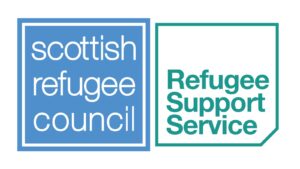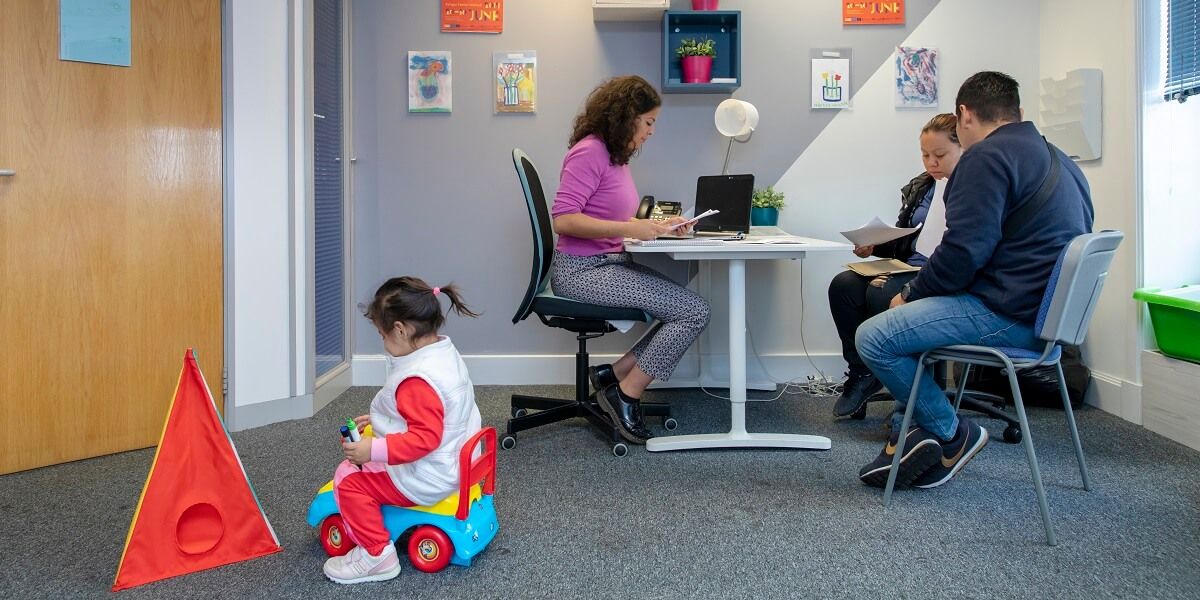Know your immigration status
![]()
To change the page language, click the EN icon (top-left on desktop/laptop, bottom-left on mobile). If your language isn’t listed, use your browser’s menu for translation options.
Page last updated: Jan 2025
Understand the type of leave to remain you have, your right to family reunion, travel documents, settlement and citizenship.
In this guide, you will find information on:
Immigration status
Family reunion
Travel documents to travel outside the UK
Indefinite leave to remain in the UK
British citizenship
Immigration status
If the Home Office accepts your asylum claim, you will be granted leave to remain (permission to stay in the UK). This could be refugee status or humanitarian protection.
Refugee status or humanitarian protection gives you 5 years leave to remain in the UK. If your family members were included in your asylum claim, they should be granted the same type of leave to remain as you.
You may get other types of leave to remain such as discretionary leave to remain which is usually for 30 months.
When you are waiting for a decision on your asylum claim you will have no access to public funds and ‘no public funds’ will be written on your Application Registration Card (ARC) card.
After getting refugee status or humanitarian protection you will no longer have the ‘no public funds’ condition. This means you can access benefits and homeless support like any other UK resident. You will also have the right to work without restrictions and access to funding for education as any other UK resident.
Make sure you know:
- what type of leave to remain you have
- how long the leave to remain is for
- the date your leave to remain expires
Refugee status and humanitarian protection give you some specific rights for example:
- you can apply for family reunion
- you can apply for a travel document to visit other countries
- you can apply to permanently settle in the UK at the end of your 5 years leave to remain
Family reunion
If you have refugee status or humanitarian protection, you have the right to apply for a family reunion visa for your partner and child to join you in the UK.
You can only apply for a family reunion visa if you were a family before you were forced to leave your country. To find out whether your family members qualify you should seek legal advice.
Family reunion is covered by legal aid in Scotland and lawyers can help you submit a visa application. You won’t have to pay any visa application fee for family reunion but there may be other costs associated. Please note once you become a British citizen you lose the right to family reunion.
Travel documents to travel outside the UK
Travel documents are a type of official document that allows you to travel to other countries if you don’t have or can’t use your own national passport. Travel documents are not a British passport.
In addition to your travel document, you will need to have your eVisa in order to travel outside the UK. If you are travelling outside the UK, you should also carry your expired BRP card until 31 March 2025.
If you have refugee status or came on a family reunion visa to join someone with refugee status, you can:
- apply for the refugee travel document
If you have humanitarian protection and as part of your asylum claim it is accepted that you fear your country’s national authorities, you can:
- apply for the certificate of travel
If you are unsure which travel document to apply for, speak to your legal adviser.
Before you travel make sure to check if:
- you need to apply for a visa
- you can travel to that country using your travel document
Indefinite leave to remain in the UK
Refugee status and humanitarian protection give you 5 years leave to remain in the UK.
If you want to carry on living in the UK, you must apply for indefinite leave to remain (ILR) at the end of your 5 years.
ILR is a type of immigration status that allows you to stay in the UK legally without a time limit. There are no fees for the ILR application to the Home Office if you have Refugee Status or Humanitarian Protection or are family members under Family Reunion.
If you have 30 months discretionary leave to remain, you will have to lawfully live in the UK for ten years before you can apply for indefinite leave to remain (ILR).
Seek legal advice to apply for further leave to remain in the UK before the end of your 30 months leave.
British citizenship
After you have had 12 months of indefinite leave to remain (ILR) you may be able to apply for British citizenship.
Citizenship applications are expensive. You should seek legal advice to find out whether you are eligible and how to apply.
Once you become a British citizen:
- you are eligible to apply for a British passport
- you lose the right to family reunion



